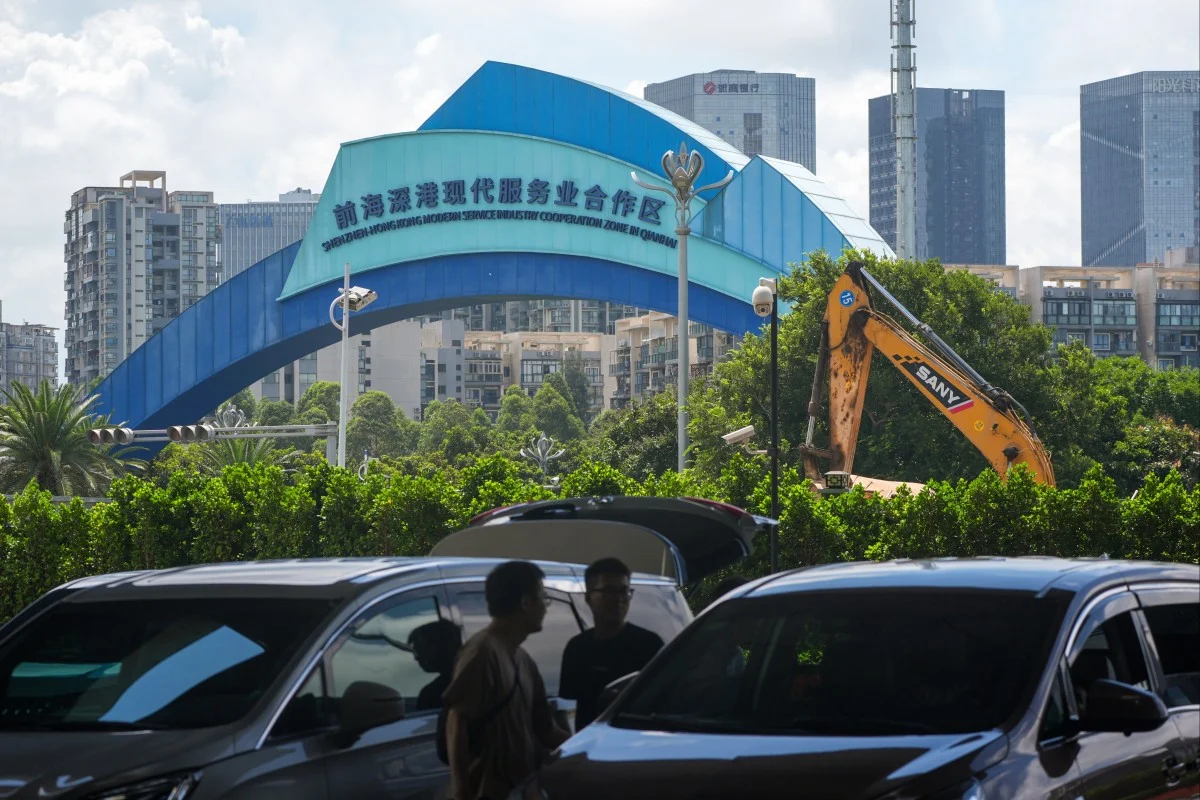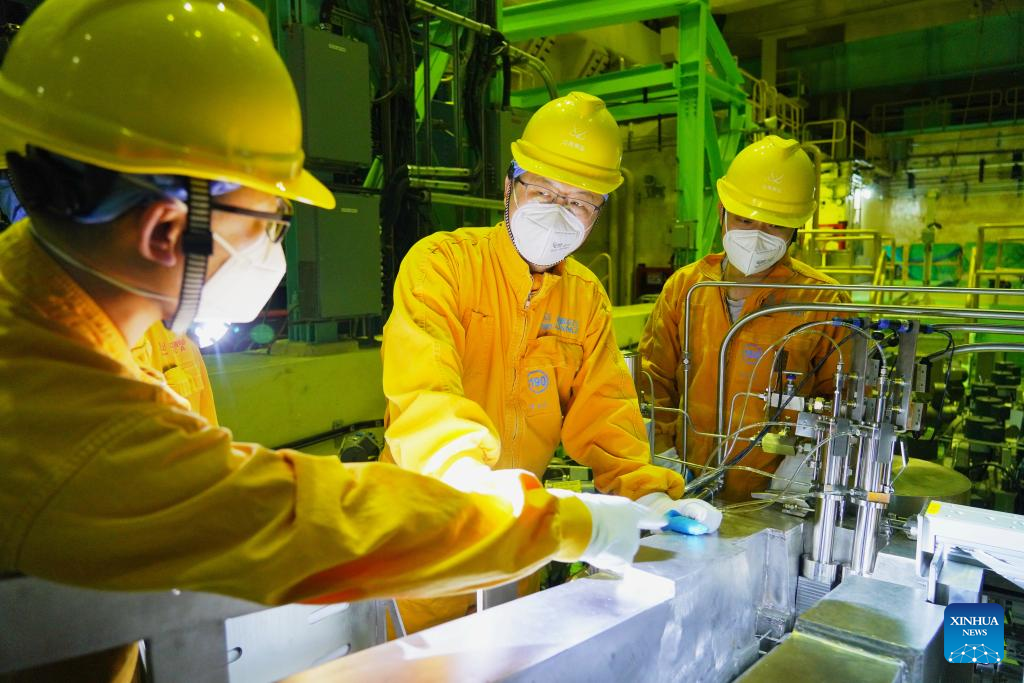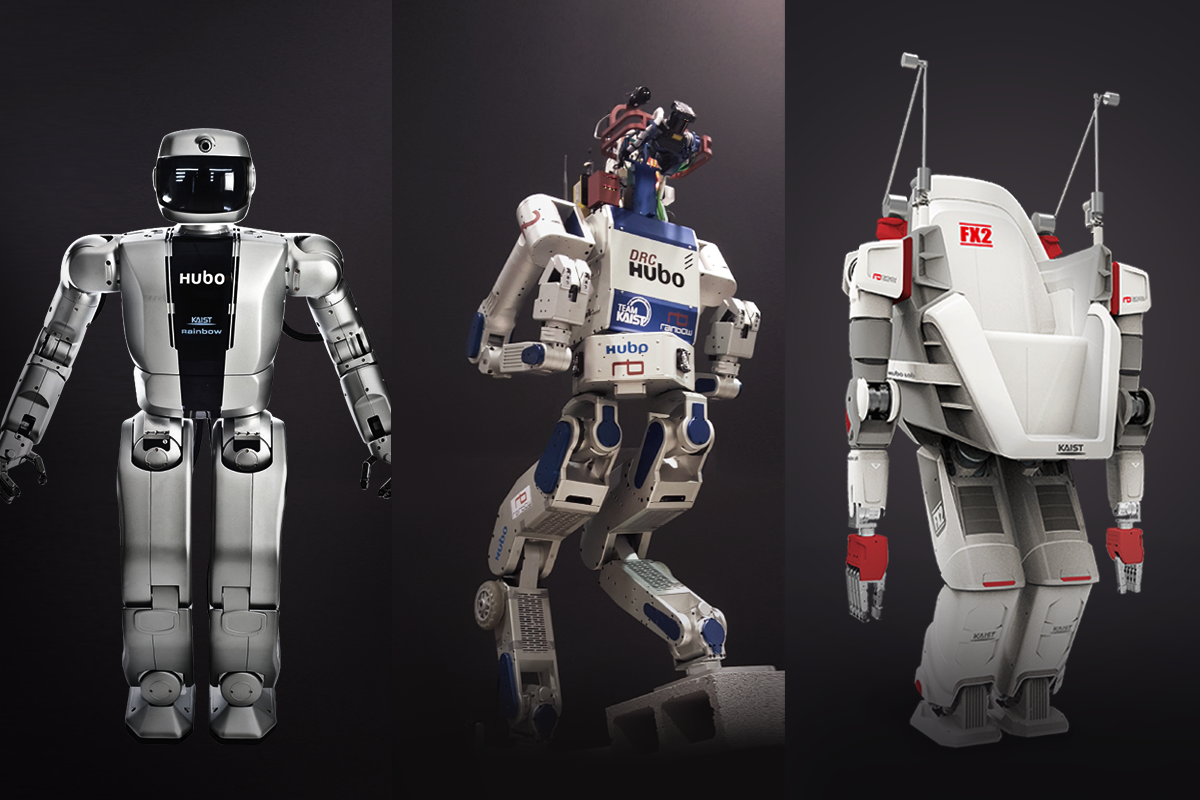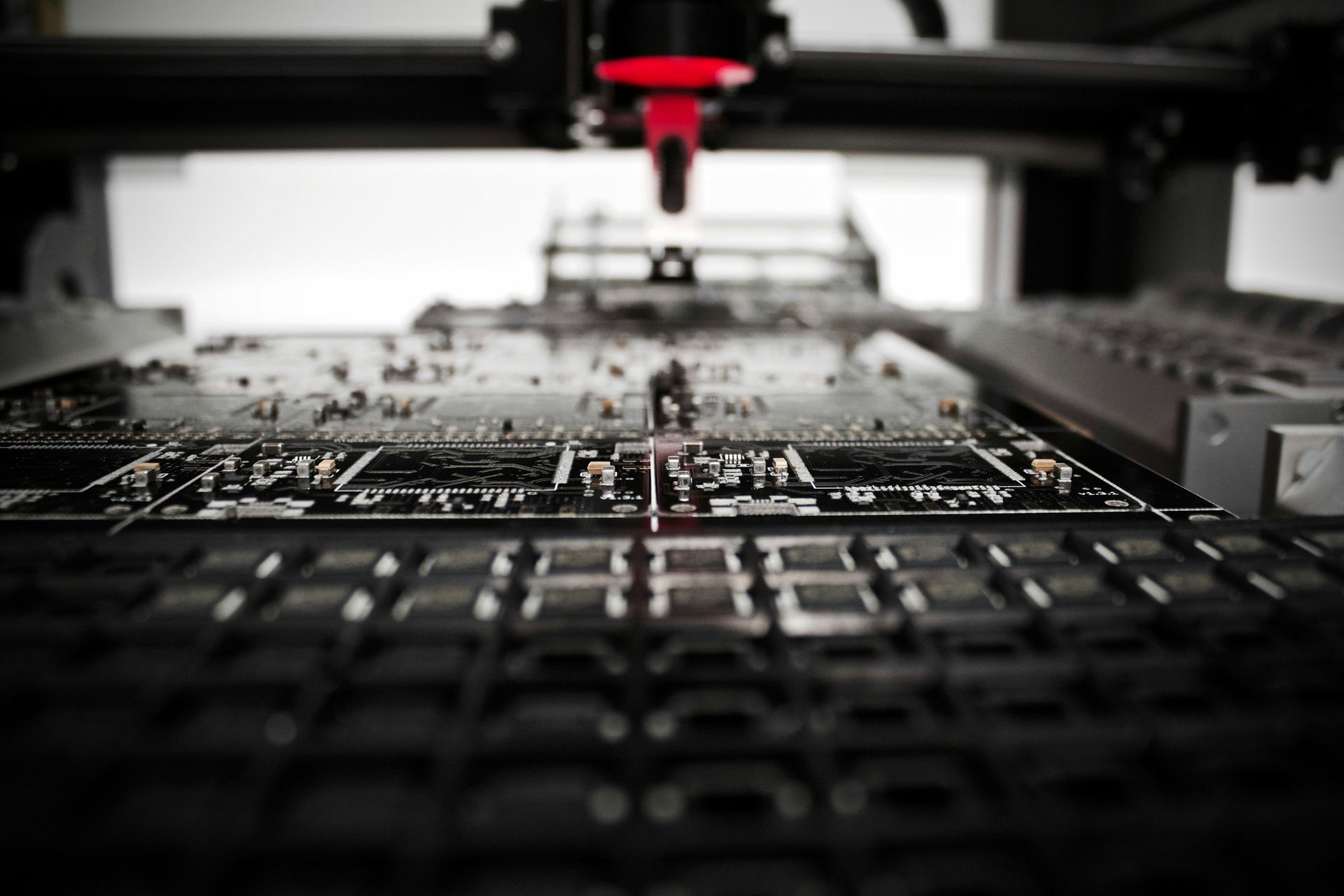Autonomous Vehicles Gain Freedom in China’s Greater Bay Area
Four districts in southern China have initiated a groundbreaking pilot program for mutual recognition of autonomous vehicles. This initiative allows robotaxis and driverless trucks to travel freely between cities, marking a significant step forward in intercity autonomous transportation within the Greater Bay Area.
Unified Regulations for Autonomous Driving
The participating regions—Nansha in Guangzhou, Qianhai and Bao’an in Shenzhen, and Hengqin (jointly managed by Zhuhai and Macau)—have agreed on shared rules for connected vehicles. The program simplifies the certification process, enabling vehicles registered in one area to operate on open roads across the others. Key provisions include mutual recognition of licensing, harmonized road access, and standardized regulations, enhancing connectivity across the Greater Bay Area.
Expanding Robotaxi and Logistics Services
The program not only facilitates robotaxi services to major transport hubs like airports and rail stations but also supports intercity logistics with autonomous trucks. This step opens doors for innovative solutions in urban transportation, potentially reducing congestion and improving delivery efficiency.
Four prominent companies are participating in the program:
- Pony.ai: A leading autonomous vehicle developer from Guangzhou.
- Baidu Apollo Go: Baidu’s autonomous driving unit.
- Chenqi Technology: Backed by Tencent Holdings and GAC Group, offering robotaxi services.
- Cowa Robot: A startup focused on automated systems for cleaning, delivery, and robotaxis.
Part of a Broader Vision
This initiative aligns with Beijing’s Greater Bay Area plan, launched in 2019 to integrate cities in Guangdong province with Hong Kong and Macau. It aims to enhance connectivity, streamline operations, and boost regional economic growth.
While cities like Beijing and Shanghai already permit autonomous vehicle testing on designated roads, local rules often limit cross-border operations. This new agreement eliminates such barriers, paving the way for seamless testing and deployment.
Future Implications
Baidu’s recent request to test autonomous vehicles at Hong Kong International Airport signals the growing momentum behind the technology. Trials on Lantau Island’s designated roads will offer insights into its broader applications.
By unifying regulations and enabling cross-city operations, China’s Greater Bay Area is setting a precedent for the future of autonomous transportation, poised to revolutionize mobility across regions.






